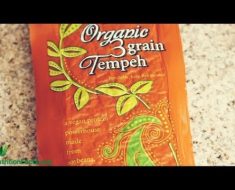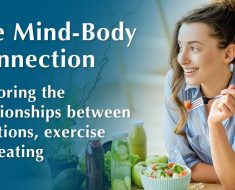Protein Meaning In Food
 – PROTEIN definition Protein meaning in food – How to pronounce PROTEIN Protein makes up your nails, your hair, and the egg on your plate. This nitrogenous substance. We call protein, which consists of chains of amino acids and is necessary for life functions. Most microorganisms and plants can bio, synthesize all 20 standard amino acids, while animals, including humans, must obtain some of the amino acids from the diet. 23. The amino acids that an organism cannot synthesize on its own are referred to as essential amino acids.
– PROTEIN definition Protein meaning in food – How to pronounce PROTEIN Protein makes up your nails, your hair, and the egg on your plate. This nitrogenous substance. We call protein, which consists of chains of amino acids and is necessary for life functions. Most microorganisms and plants can bio, synthesize all 20 standard amino acids, while animals, including humans, must obtain some of the amino acids from the diet. 23. The amino acids that an organism cannot synthesize on its own are referred to as essential amino acids.
Key enzymes that synthesize certain amino acids are not present in animals such as esparto kinase, Protein meaning in food which catalyzes the first step in the synthesis of lysine, methionine E, and threonine II from aspartate. If amino acids are present in the environment, microorganisms can conserve energy by taking up the amino acids from their surroundings and down-regulating their biosynthetic pathways.
Although Protein meaning in food is a word often heard in labs and biology classes, it is everyday context to particularly in the kitchen protein-rich foods like eggs, cheese, meats, peanuts or beans are an essential part of good nutrition in animals. Amino acids are obtained through the consumption of foods containing protein ingested. Proteins are then broken down into amino acids through digestion, which typically involves nature.
The action of the protein through exposure to acid and hydrolysis by enzymes called proteases some ingested amino acids are used for protein biosynthesis, while others are converted to glucose through gluconeogenesis or fed into the citric acid cycle. This use of protein as a fuel is particularly important under starvation conditions, as it allows the body’s own proteins to be used to support, particularly those found in muscle. The linguistic origins of protein from the Greek Proteus, meaning first place or primary, are fitting for a substance that is one of life’s chief components.
Millions of these Protein meaning in food tiny movements cause the whole muscle to contract. Two: proteins can kill you. Botox is a protein that cuts up molecules in nerve cells that control your muscles. This means that Botox makes your muscles relax. This can be handy to reduce wrinkles for Hollywood actors, but it’s not so great with the muscles controlling your lungs to stop working after you eat food contaminated with botulism.
Three: proteins speed things up. Enzymes are proteins that make reactions go more quickly. Protein meaning in food, For example, the enzyme amylase helps break down starch into sugar. You have amylase in your saliva. Try chewing a piece of bread for a really long time.





